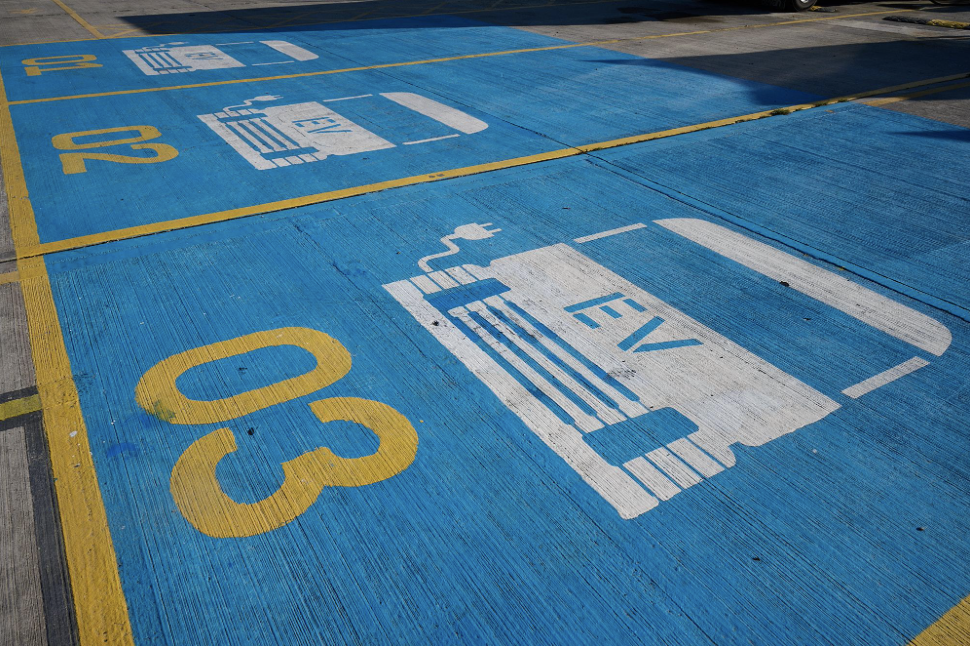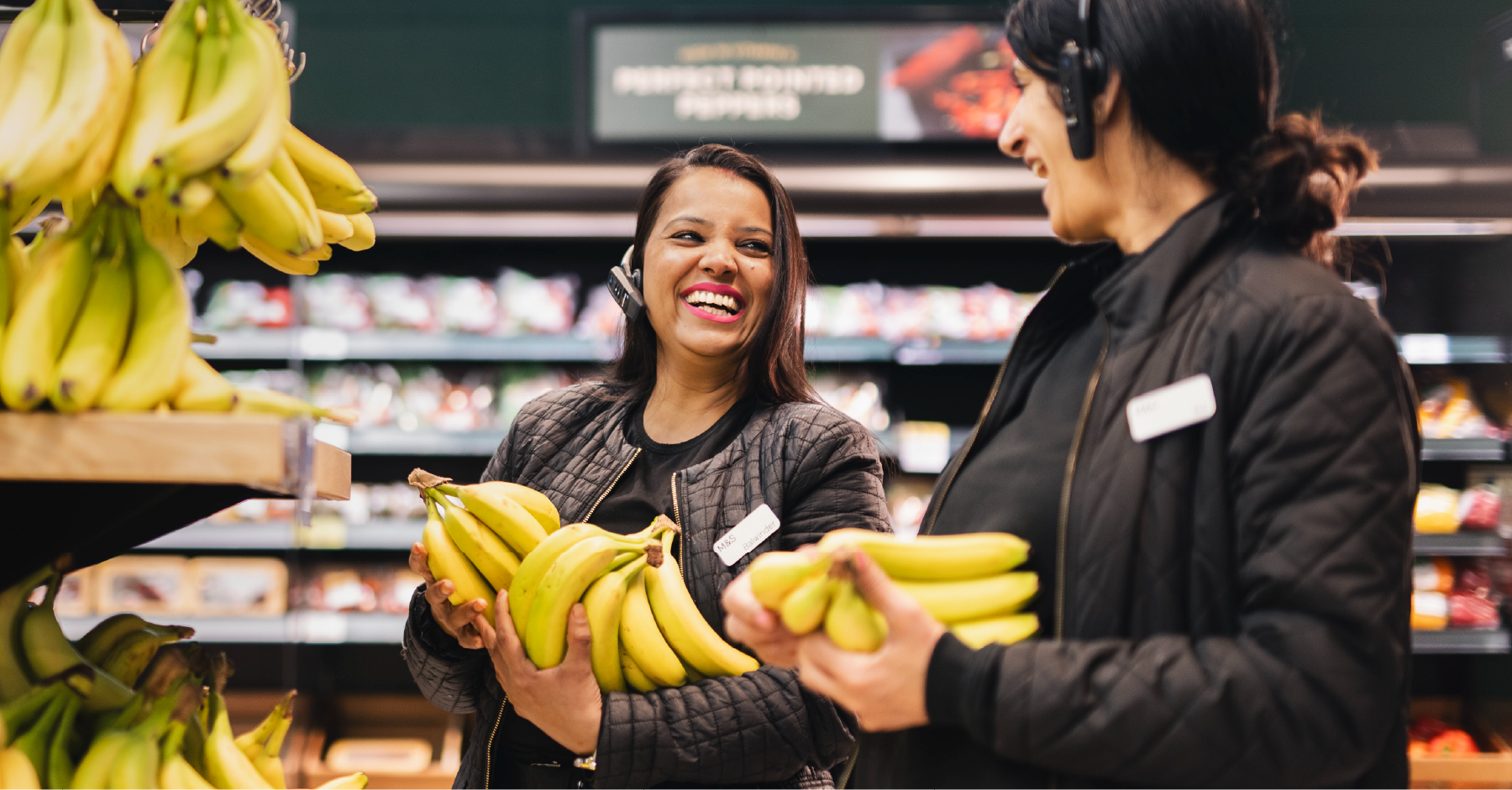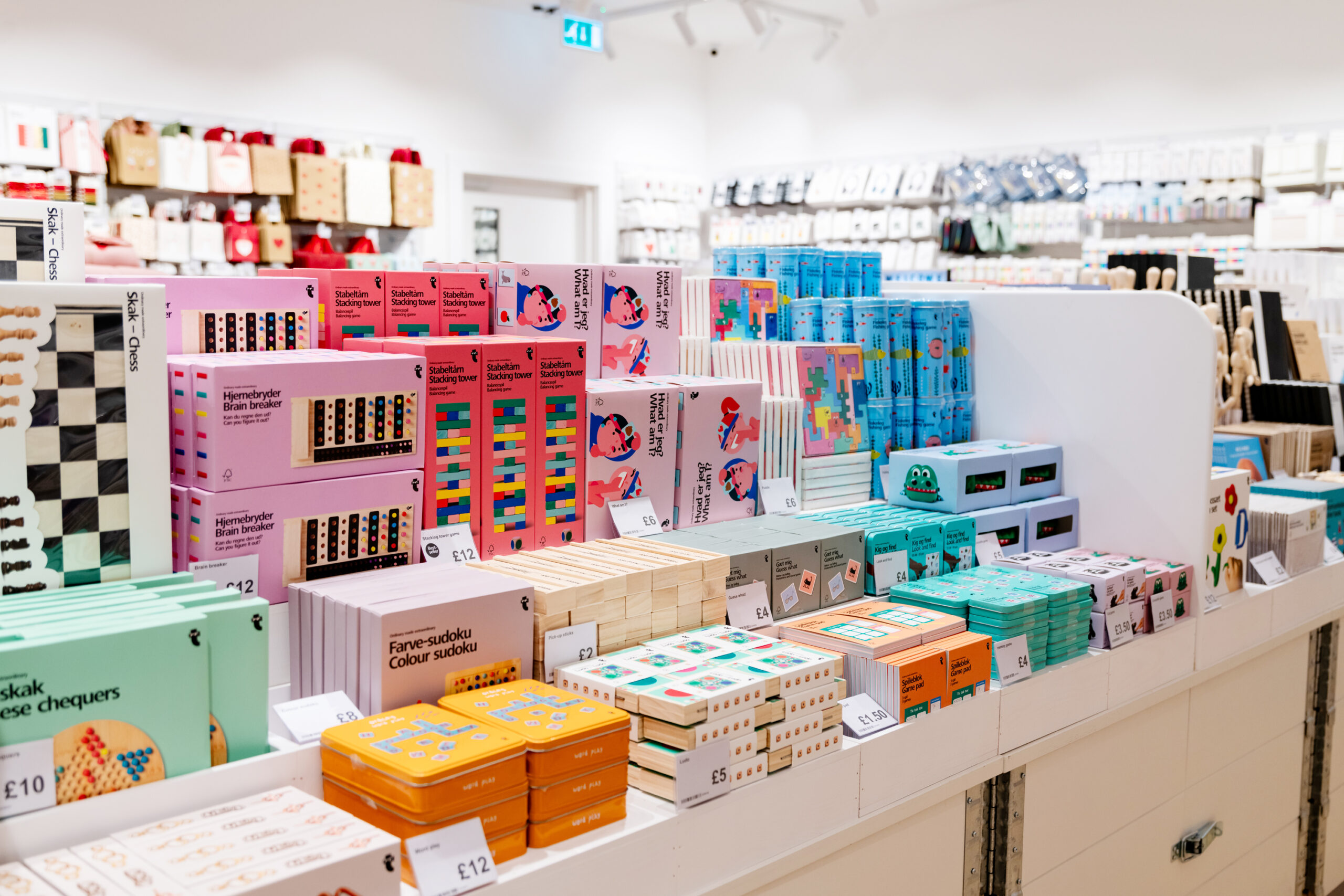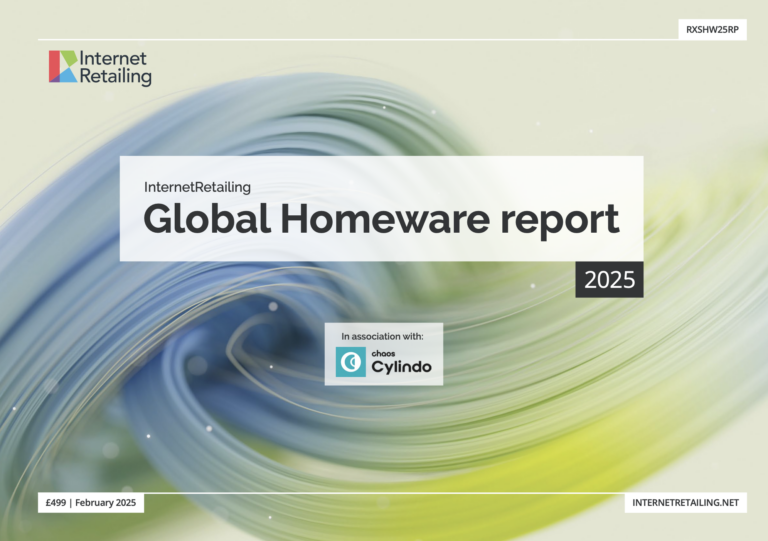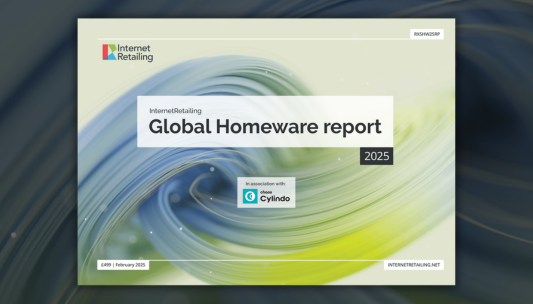The results of DFS’s investments in an omnichannel customer journey were seen as more shoppers turned online to buy its sofas in the first half of its financial year. But its overall sales and profits were down as consumer confidence fell in the face of political uncertainty.
Looking ahead, DFS says the Covid-19 coronavirus could affect its full-year results – depending on how it develops – but that the impact should be short-lived.
The sofa retailer today reported revenues of £488m in the 26 weeks to December 29. That’s down by 5.7% compared to the £517.6m reported at the same time last year. Online sales came to 117m, up by 4.5% from £112m a year earlier.
Pre-tax profits came in at £15.9m. There was no direct comparative to last year because the retailer has updated its accounting system. But when the figures were restated in last year’s format, first half pre-tax profits came in at £19.8m, down by 15.5% from £35.3m a year last time.
One hit to profits came from Sofa Workshop, where there was significant disruption following a move away from legacy systems to shared group systems. The retailer, at the premium end of the market, also appears most affected by weak market conditions – and first-half revenues fell by 30%, reducing its brand contribution by £2.4m. Second-half profits are expected to be down by between £4m and £5m as a result.
DFS is ranked Top500 in RXUK Top500 research. Its brands also include Sofa Workshop, Sofology and Dwell.
DFS group chief executive Tim Stacey said: “We continue to make progress on our strategic agenda focused on driving the DFS core business, further developing our group platforms and setting Sofology up for future growth.
“Despite the challenging retail environment, and excluding some isolated systems disruption in Sofa Workshop, our performance over the first half has been as expected, given the exceptional prior year comparative driven by latent demand. In particular we have seen a good performance by the DFS brand in driving conversion and margins and continued online sales growth.
He said the retailer was seeing a rise in orders and profit margins in the second half of the year so far.
“However, given the uncertainty as to how the current Covid-19 situation will develop it is not possible to give guidance with any certainty for the full-year out-turn,” he said. “At present we believe our supply chain position should normalise before the financial year end, and it is only in very recent days that we have observed any change in consumer footfall to our showrooms.
“While any disruption to order intake over the key trading periods of Easter and the May Bank Holidays is likely to impact our financial year 2020 results, it is reasonable to believe this may ultimately be transitory in nature; following periods of subdued demand we typically see much of that latent demand returning.
“Notwithstanding the uncertain short-term outlook, we remain confident in the group’s financial strength and relative track record of performance in all environments.”
Multichannel strategy
More than 85% of DFS potential customers visit its websites when they start considering what what colour and style of sofa they should buy. About 90% go into a showroom to try a sofa for themselves before deciding to buy – reflecting the primary importance of comfort in the sofa-buying decision. DFS therefore continues to focus on investing both in its showrooms and online to improve the overall omnichannel journey. “To succeed in this sector, we therefore believe that it is essential to have the combination of both a strong web offer and showrooms within reach of most customers, offering the ability to transition seamlessly between channels,” the retailer said in full-year results. “We believe that the DFS business model is well set up to be truly omnichannel.”
Online investment has included replatforming the DFS website onto Google Cloud, which it says has meant better functionality, a faster user experience and great user capacity. It has now launched its second generation augmented reality shopping experience with a new software partner, while extending the sofa ranges that can be viewed in a shopper’s living room from their phone. Its TV advertising remains in place, but it says that spending is “increasing shifting towards digital marketing”. It is working with Facebook, Instagram and Pinterest to develop advertising formats aimed at specific segments. All of this, it says, has helped to lift online sales by 4.8% during the half-year. Some 19% of DFS brand online sales took place online – to a value of £172m. In the 52 weeks to December 29 2019, online sales came to £222m. The retailer says its market research shows it is the “clear market leader” in online sofa sales.
Its Sofology brand has trialled connecting shoppers to a showroom via video so they can see the product live and have their questions answered. A sofa sizer also enables shoppers to refine the sofas they see through when they specify maximum height, width and depth. Sofology’s web conversion grew by 7% and showroom conversion by 2%.
In-store
Across its brands, DFS says it is seeing positive results from its newly-refurbished showrooms, while it has also equipped staff with 1,200 new Chrome tablets that help them access information, including using data from customer accounts to direct shoppers towards the items they’ve been browsing online – and other similar products that may meet their needs. It has worked with artificial intelligence partner Satalia to predict footfall based on local market trends, weather and promotional campaigns – and organise staff scheduling accordingly. During the half-year DFS saw showroom conversion rates improve by 118bps.
DFS is opening more Sofology showrooms – three this year and five next. It now has 45 showrooms, up from 39 when it first acquired the business.
Customer focus
DFS has developed a ‘think customer’ focus that includes cross-company initiative designed to improve product quality, post sale customer communication, self-service boring and more efficient and effective service and repair teams. This, it says, has helped to improve customer net promoter scores, which stood at 40.9% in the six months to December 19 – up by 24% on the previous year.
Improving delivery
DFS has launched The Sofa Delivery Co in Belfast to handle deliveries for all of its brands. It expects the move will improve customers’ experience, save more than £3m a year by the end of its 2022 financial year and reduce carbon emissions. The company is also trialling seven day a week delivery from its Glasgow DFS distribution centre. This, it says, is benefitting both customers and warehouse and driving staff, with positive feedback around work life balance and rest periods. It has had “an unprecedented level of job applications” for new roles at the centre.
DFS customers can now book delivery and installation slots online – a service used by about 50% of shoppers. Since February, customers have also been able to see where their delivery vehicle is in real-time on the day of delivery – a service that will be fully rolled out by March.
Sustainability strategy
DFS is introducing a circular approach in its sourcing, supply chain and manufacturing businesses through to the selling, delivery and sofa lifecycle that it says will make its business more efficient and competitive. Over the last six months it has launched a ‘sofa rescue’ service, in partnership with carbon neutral waste removal firm Clearabee, that will see old sofas collected and disposed of in a more environmentally-friendly way and kept out of landfill. It has also run a tree planting initiative under which a tree is planted for every Sofology order.
Coronavirus
The retailer explained how the Covid-19 coronavirus had affected its business so far – and how it might in the future. Currently, production lead times are two or three weeks later than normal since the four Chinese factories that supply it with finished goods did not start work straight away after the Chinese New Year due to the outbreak of illness there. However production is now increasing and suppliers should be able to catch up with the output deficit once they are at full capacity. If that does not happen before the end of the financial year, sales and profits will be deferred to the following year. DFS receives sofas worth £10m a year from China.
The balance of its sofas come from suppliers in continental Europe, the UK, and from its own UK workshops. Its own operations and those of its European suppliers have enough raw materials for “a number of months”. Two of its smaller suppliers are based in the south of Italy and at the time of publication those operations had not yet been affected.
If production lead times get back to normal soon DFS says it is “prudent” to assume there will be around £1m in extra delivery costs. But if the virus spreads further across markets, and fewer customers come to its shops, then, says DFS, there would be an impact on its financial performance. So far, it has seen lower customer footfall only in recent days, and it says that if there was a “severe bookings reduction” over a sustained period, it would be financially well placed. But it has taken the steps of deferring some capital expenditure and making its marketing spend more flexible. “We believe any impact should be most likely transitory in nature with the large majority of customer purchases being deferred into the future rather than not being made at all,” said DFS in its half-year statement. It says that while DFS brand sales fell in the hot spring and summer of 2018, strong demand returned when the weather cooled and overall full-year sale were up by 2.6% that year.
Image courtesy of DFS
